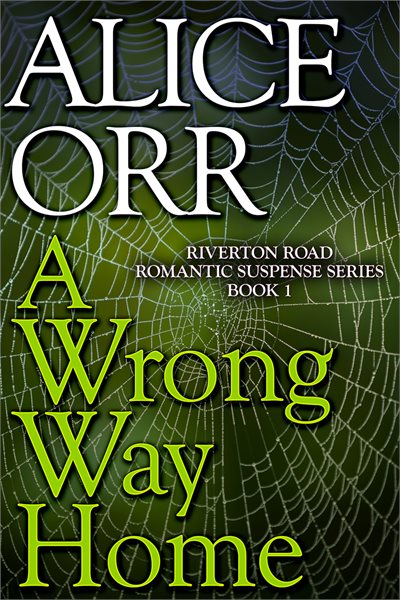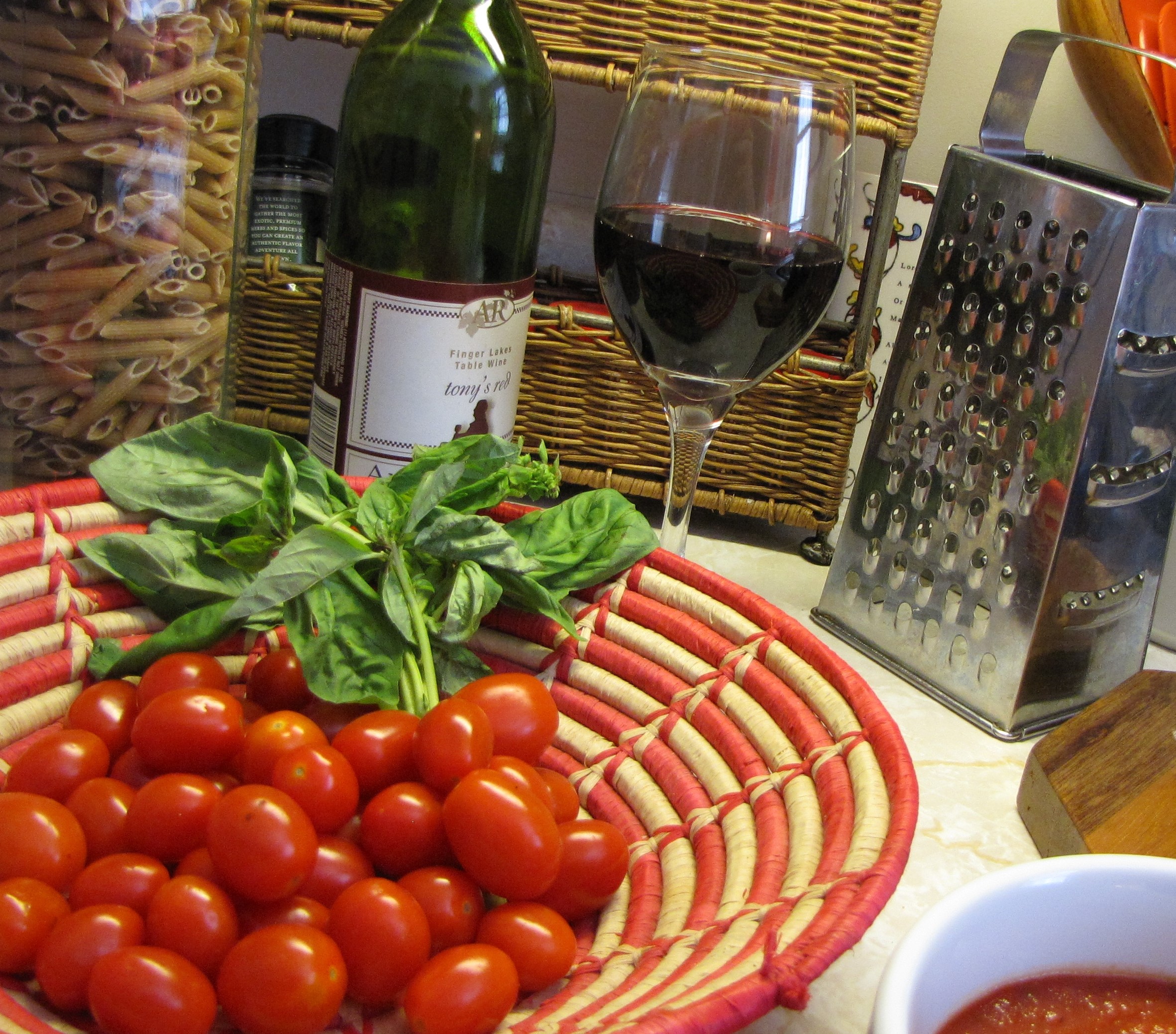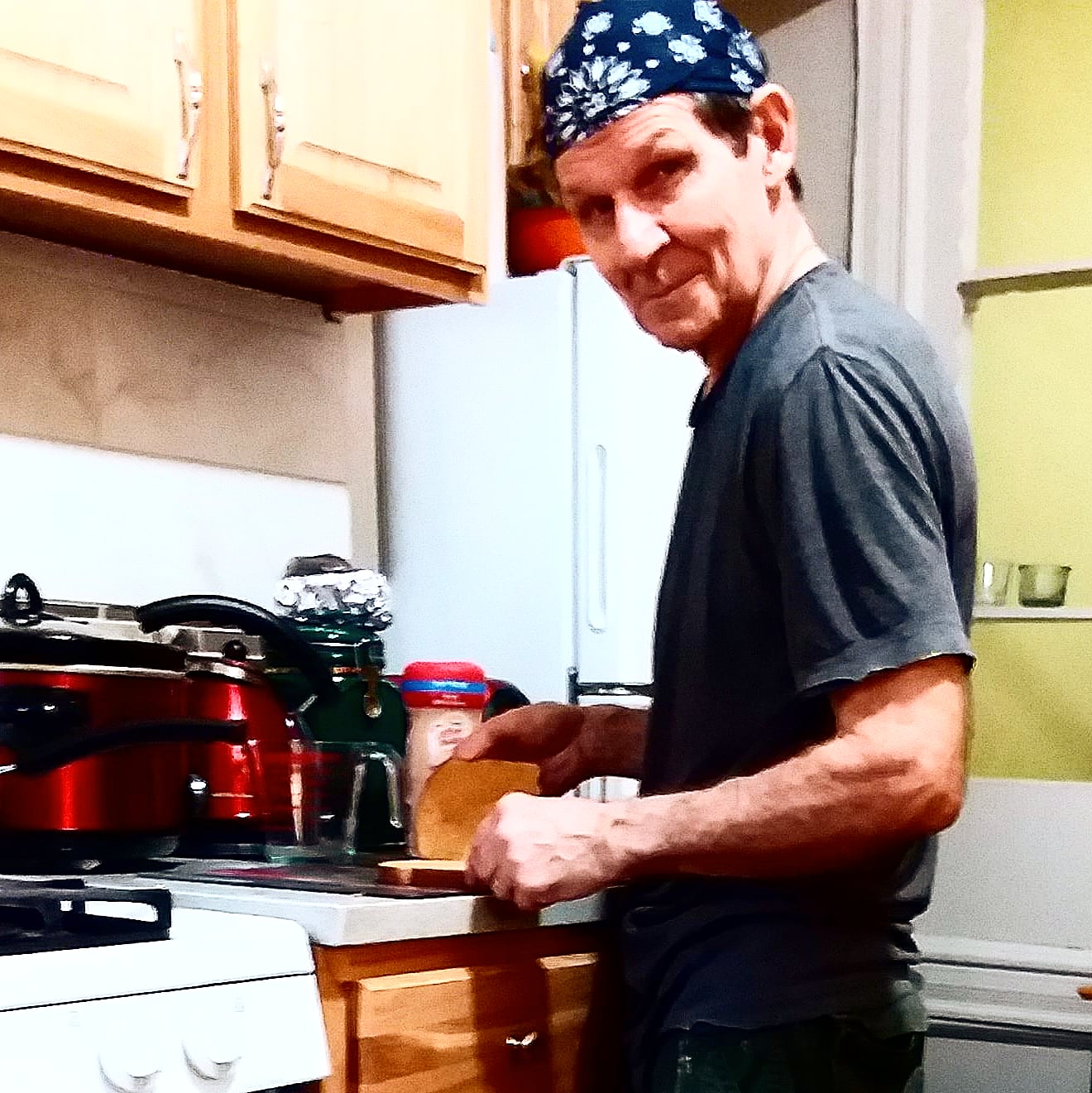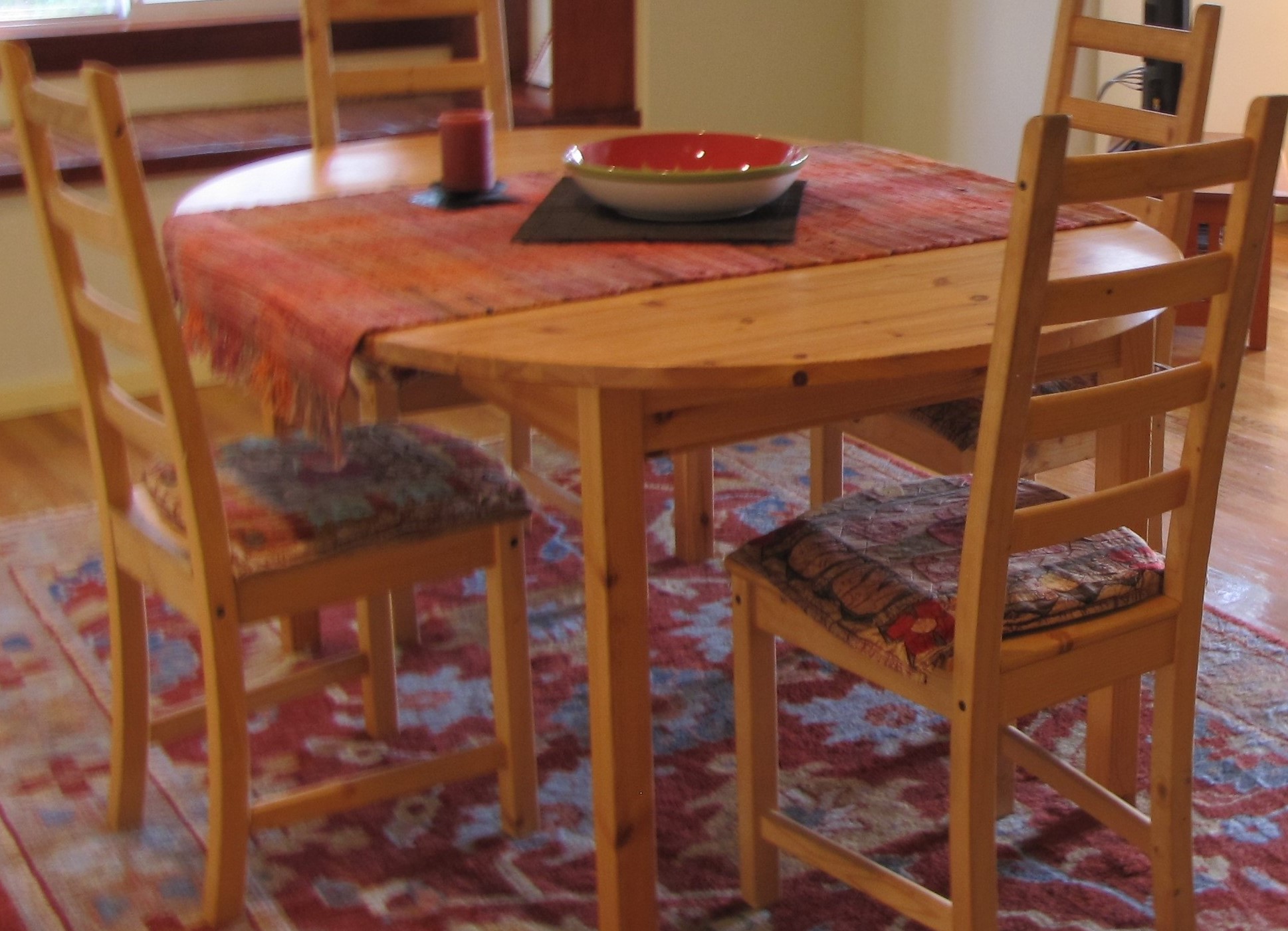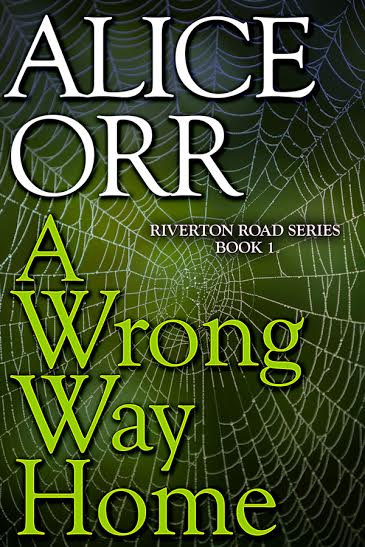Write Your Stories of Summer Memories. We each have a memory bank account of favorite summertime nostalgia. One of my favorite memory bank deposits is a story of a green island and a pink tractor.
Once upon a time, I bought my husband Jonathan a 1947 tractor. My goal was to see him drive in the annual Strawberry Festival Parade. I had no idea how much that would come to mean to our family, because I hadn’t yet been diagnosed with breast cancer.
We lived on Vashon Island in Puget Sound, a 20-minute ferry ride from Seattle. We had moved there from New York City to help raise our grandchildren. We were city slickers plunged into village life on a five-acre plot of land two miles from town.
The parade was a local treasure, and antique tractors were its crown jewel. Our first parade summer, the closer those old tractors rolled, the brighter my husband’s eyes shone. I made a promise to myself right then. Someday Jonathan would drive his own tractor in that parade.
Our dream vehicle turned up eventually in Eastern Washington. The intense sun over there, on the other side of the Cascade Mountains, had bleached her from orange to a lovely shade of pink. We decided to leave her that way, and our five acres became Pink Tractor Farm.
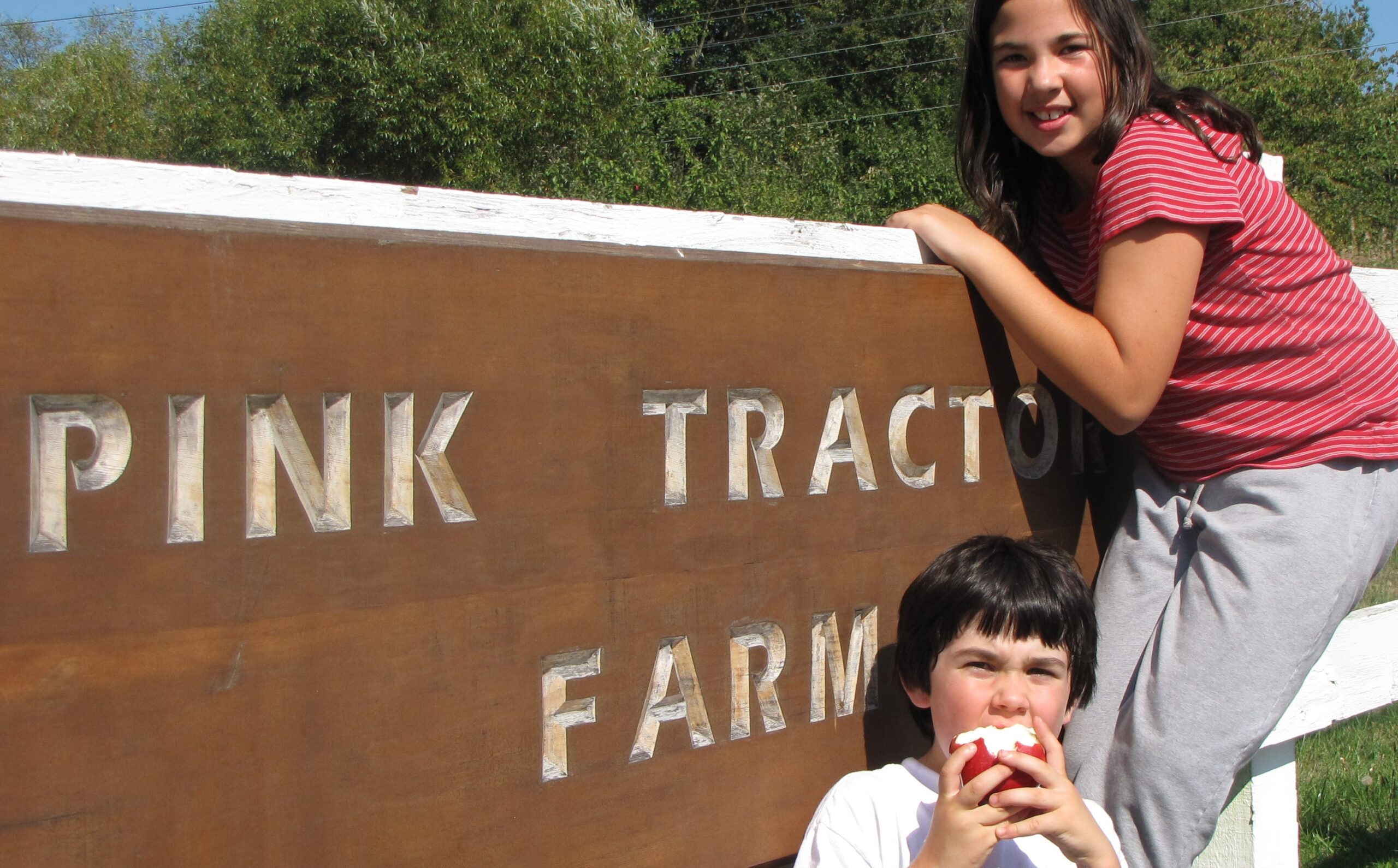
The next year, despite Jon’s best efforts, on parade day, Pink refused to run. The following year, I had cancer. The last thing we needed was another complication, but Jonathan knew what a boost it would be for all of us to see Pink in the parade.
Jon, and an old tractor hand named Milt, worked like crazy to make that happen. Parade day morning, Jon was still tinkering. He and Pink had to get to the tractor lineup on time or it would be no-go again this year.
They made it down our driveway to the road. Ahead lay a long, steep hill. The grandkids and I spotted Jonathan from my red jeep as he attempted the climb. Several times, Pink’s engine turned over then stalled before he pronounced the inevitable by cell phone. “She’s not going to make it.”
But the children weren’t ready to give up. “Grandpa can do it!” they cried out together. That hope and belief radiating out the jeep window to Jonathan and his pink charger may explain why he gave her one more try. She rumbled to life, and they began to ascend.
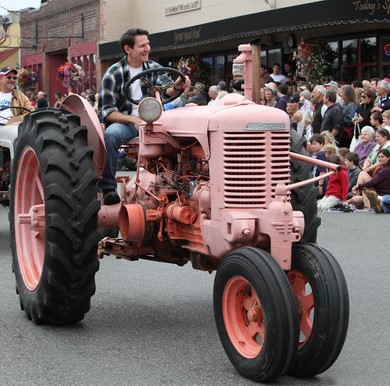
Not long later, I was propped in a camp chair beside the parade route. “Come on, Honey,” I whispered as the kids’ shouts continued. “Grandpa can do it,” It was nothing less than a family victory when Pink bumped past at three miles an hour, smack dab in the middle of it all.
A little ditty popped into my mind at that moment. It’s simple rhyme rings with resonance still. “Strawberries are red. Tractors are pink. There’s more triumph in us than we may think.”
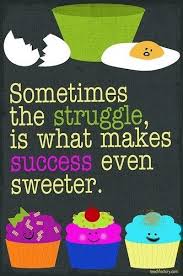
What are your favorite summer story memories? Go full-bore for nostalgia. Aim straight at our hearts. Write Your Stories of Summer Memories. Do not hesitate to bring tears to our eyes – and your own.
Alice Orr – www.aliceorrbooks.com.
Summer is also the season in Alice’s novel The Wrong Way Home – the first book in her Riverton Road Romantic Suspense Series. Sample this warm weather treat for free HERE. Take to your deck chair with the four Riverton Road story adventures that follow. Find them, with the rest of Alice’s books, HERE.
What readers say about A Wrong Way Home: “Alice Orr is the queen of ramped-up stakes and page-turning suspense.” “Warning. Don’t read before bed. You won’t want to sleep.” “The tension in this novel is through the roof.” “Budding romance sizzles in the background until it ignites with passion.” “I never want an Alice Orr book to end.”
https://www.facebook.com/aliceorrwriter
http://twitter.com/AliceOrrBooks/
http://goodreads.com/aliceorr/
http://pinterest.com/aliceorrwriter/
